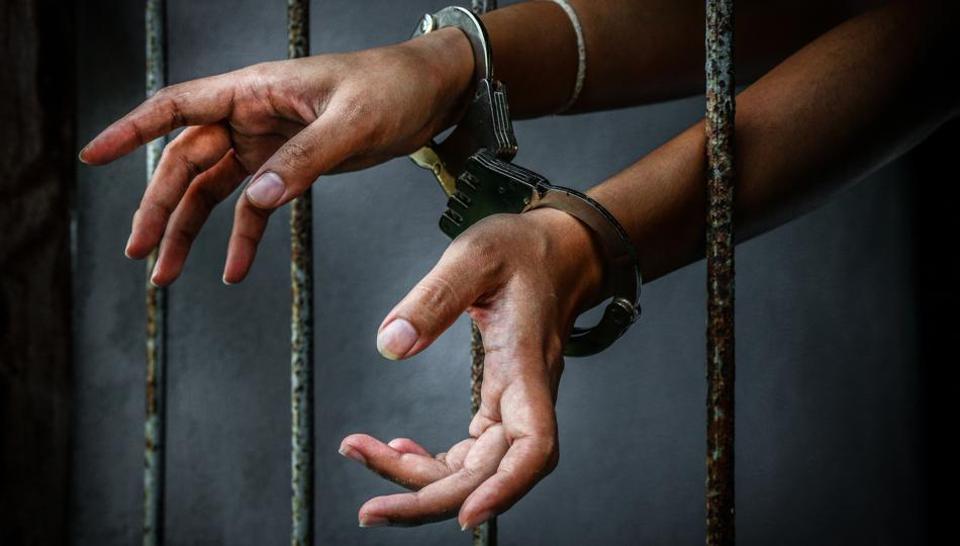Over the last few years what we started as a small help to those in need expanded to more families. Yet we always felt that merely providing help to those who approached us would not help in the long run and those who received support were not regular with us so we could not monitor them. The serious question we asked ourselves was if the little what we are doing was helping someone progress and ultimately, helping the world a better place. The answer was sadly in the negative; this led us to look for some genuine cause.
We thought about the children of prisoners. These children are in left in the shadows, their needs are often forgotten with devastating impacts. Despite their situation, they are locked out of the support they need to get a better chance in life. Children with a parent in prison feel isolated and ashamed – unable to talk about their situation because they are scared of being bullied and judged. With this in our mind we approached the Prison Authorities in Tirunelveli, India. The then Superintendent of Police Mr. Kanagraj, gave us a calm hearing: we split our agenda into two branches: Within the male and female Prisons , we planned to counsel all through talking to the inmates
Children of prisoners six times more likely to end up in jail
Children with a parent in prison feel isolated and ashamed – unable to talk about their situation because they are scared of being bullied and judged.
Children with a parent in prison are
- Twice as likely to experience conduct and mental health problems, and less likely to do well at school.
- Three times more likely to be involved in offending. Sixty five per cent of boys with a convicted father will go on to offend themselves.



